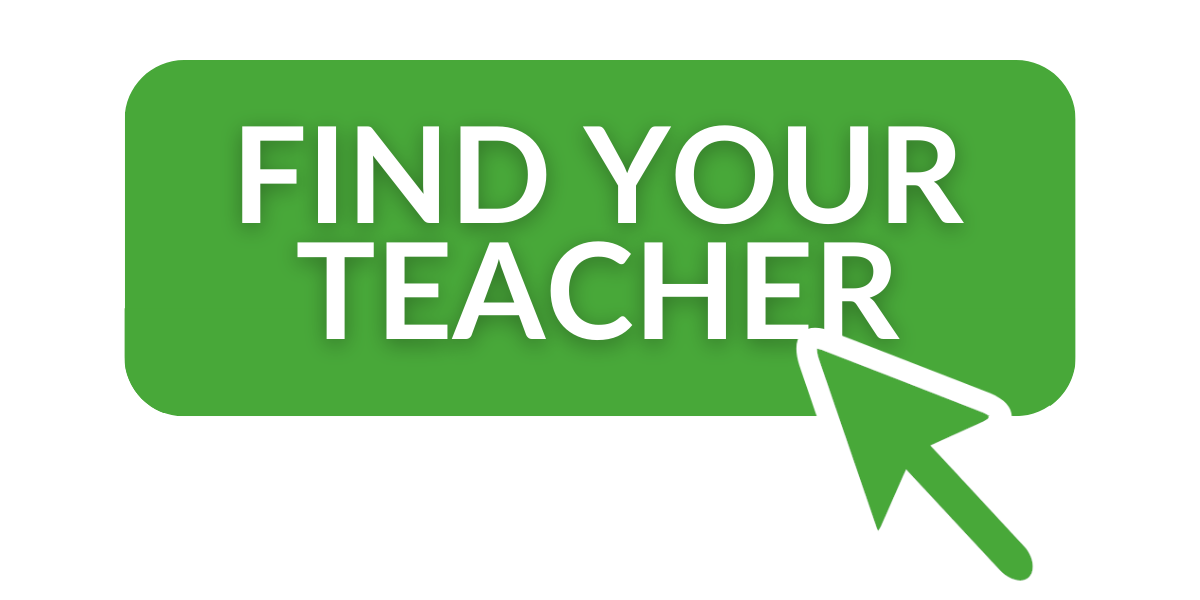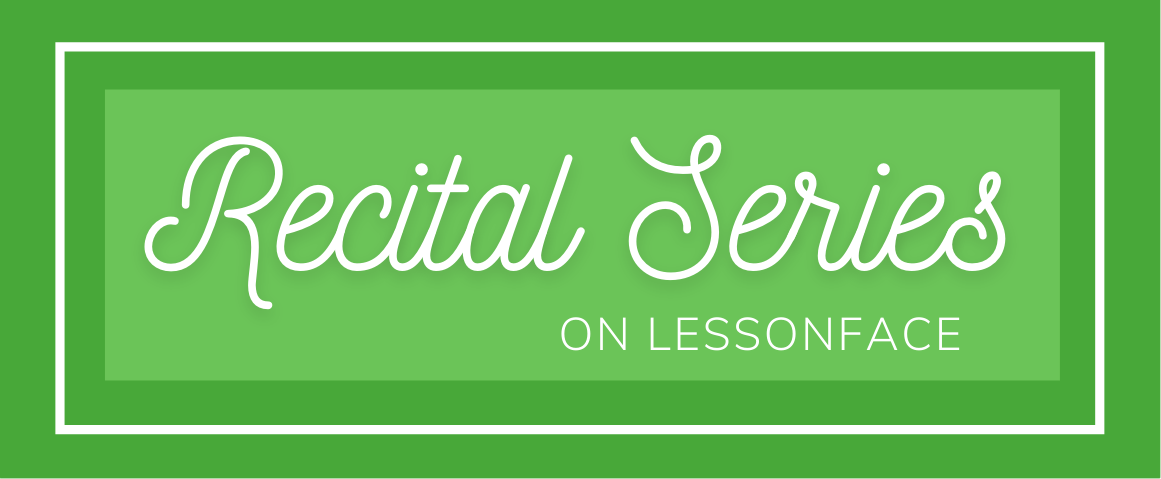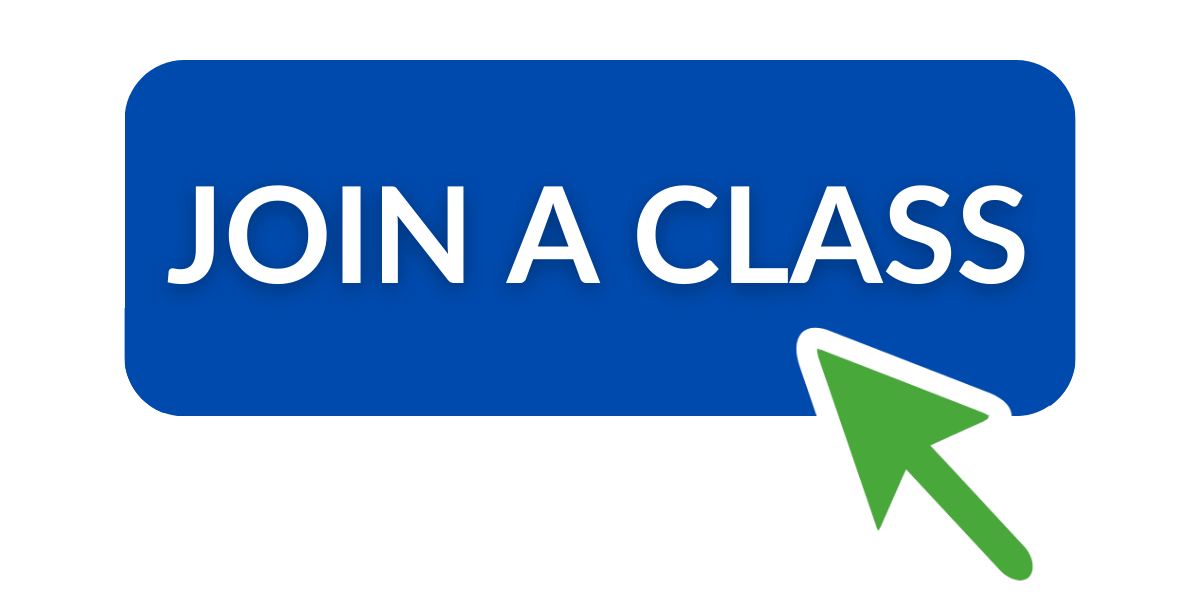Ear training can be a daunting part of developing as a musician, but it can also be a very powerful tool to have in your toolbox. Here are some tips for improving your ear.
1. Use the resources at your disposal.
There are some great resources out there, like tonedear.com and musictheory.net, which both have great online, free exercises for ear training. Using these kinds of tools on a regular basis (even just a little bit a day) will make a big difference in your ability.
2. Be patient with yourself.
Ear training is hard! And it's arguably harder than other music theory concepts (at first) because there's no tangible logic to it. You just have to learn to hear what different things sound like through repetition. You will get it, just keep at it for a little while!
3. Relate everything to an instrument.
Since ear training can seem so abstract, giving yourself something to physically relate it to, will speed up the process. Whether you're working on hearing scales, intervals, or chords, practice playing them on your instrument to really see it with your eyes and feel in with your fingers. It will help make more connections in your brain more quickly.
4. Take a class!
There are lots of ear training classes available to help train and improve your ear, including one right here on Lessonface starting next week! Ear training is beneficial to anyone who is a musician and wants to improve, learn more, or widen the scope of what they can do. Here's the sign up page, if you're interested in joining: Lessonface.com/EarTrainingPractice





Thank you for sharing these insights and resources. I grew up learning music by ear before learning to read, and have found it to be an invaluable skill throughout my entire life (and certainly an underemphasized one in the field of classical music).
Thank you for the valuable information! Ear training is essential for faster learning and better performance!
Alani, I love how you stressed relating everything to your instrument. No matter how much music theory and knowledge you have, music is first a HEARING art! I believe we learn music theory with the intellectual part of our brains, but we learn music from the creative and artistic part of our brains.
When we're learning about music intellectually, that doesn't mean the music part of our brain is necessarily engaged (most often it is out to lunch in this situation). But I think actually playing these intervals and ear training exercises on your instrument of choice helps that creative and artistic thinking music part of your brain "turn on", and the info gets processed in a different way!
Thanks for the great post!
Tyson Farmer
www.lessonface.com/TysonFarmer